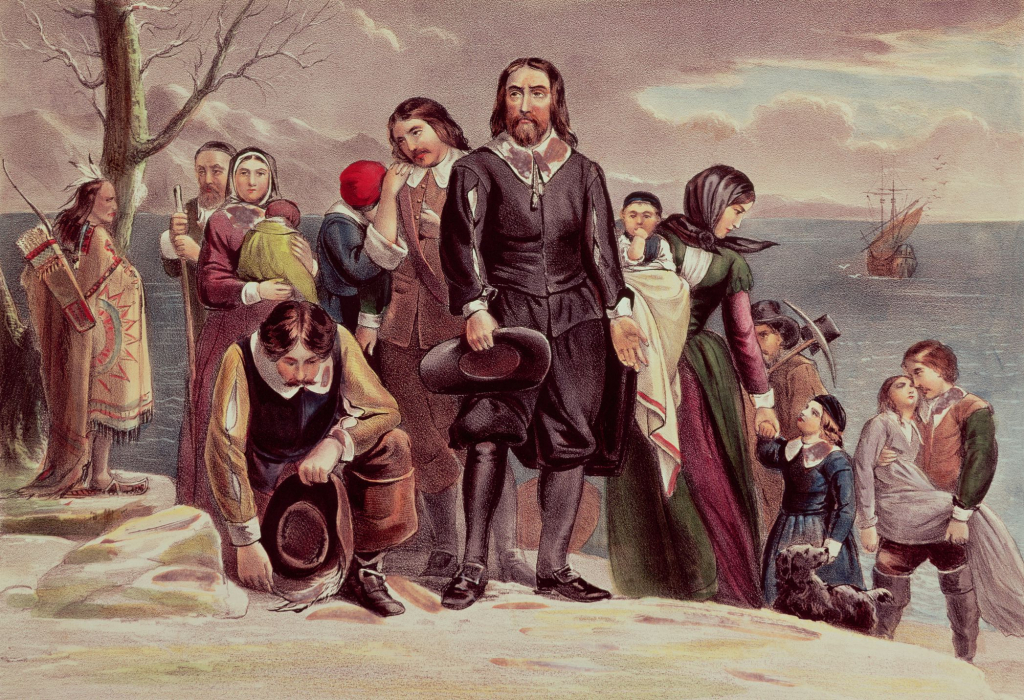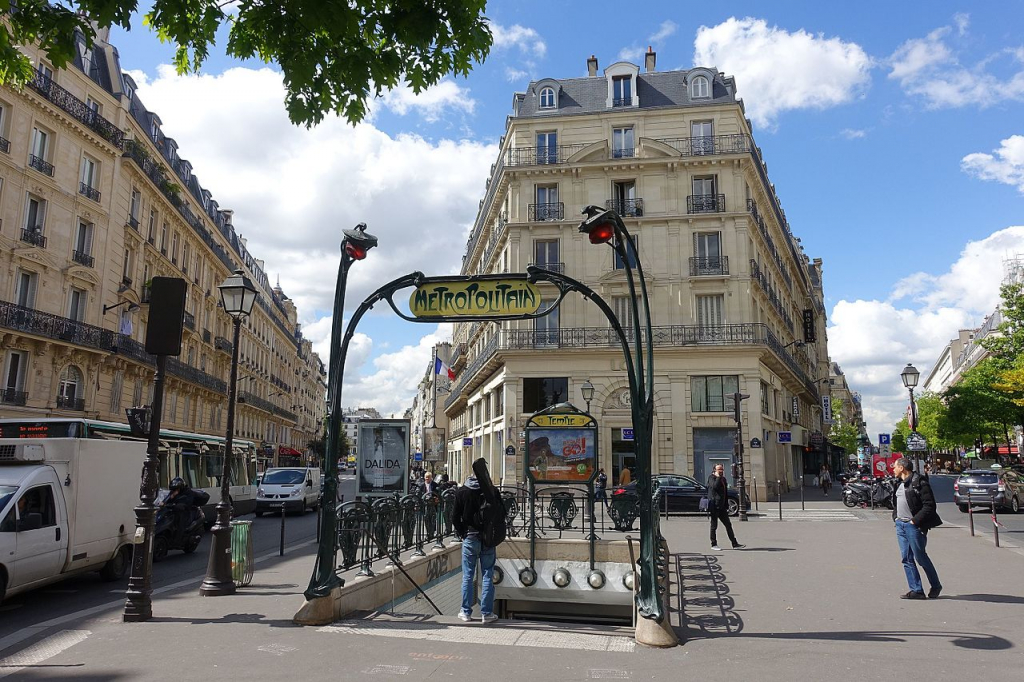The Origins Of Money
Money. For the under-informed, this represents the root of all evil, for the slightly enlightened, the solution to many problems but overall, it forms the basis of exchange utilised in trade and commerce.
Throughout history, it has taken many forms, from cowrie shells after barter trading became inconvenient for many reasons, to precious metals valued on a sliding scale based on the value assigned to these metals, money has been the common thread that unites and divides us according to our capacity to handle it at scale.
The precursor to today's monetary system of trade; wherein citizens from all walks of life acquire credit, investment capital, or loan their excess coins to others in dire need of gold or silver isn't anything like the banks we know of today.
Ancient banks were always tied to something physical – a coin, a chunk of metal, some grain, or physical property. You couldn’t attain credit, or deposit unless you could show something of value to tie your credit against.
And when money was transferred between banks, it was always done with physical coins or other currency.
That is until the Knights Templar came along.
Founded in the year 1113 in Jerusalem, the Knights Templar was a religious military order of warrior monks.
Dedicated to carrying out holy war, and defending Christian pilgrims in Jerusalem, they were heavily armed, heavily armoured, and sanctioned to carry out their duties by the Pope himself in Rome.
They were paladins who fought in the name of God.
But eventually, they became much more than that.
During that dark time in history, knights were generally recruited from noble families. Families who held lands, titles, and usually great wealth.
With recruits coming from all over western Europe, though primarily France, the numbers of the Templars swelled. And due to their noble members, so did donations to their order.
They acquired considerable property, lands, and of course, gold and silver. Not only from the families that were sending members to fight for the order’s holy cause but from others who wanted to support the Templars further in doing the work of their God.
Because of this, the Templars received a constant stream of cash and resources to carry out their crusade.
But the way that they would change banking forever, was inspired by a less obvious source.
During this age of the Great Crusades, thousands upon thousands of Christian pilgrims journeyed from Europe to the holy land in Jerusalem. They did this to pray, meditate, and feel themselves closer to the company of their deity.
However, their journey to Jerusalem was fraught with peril, and risk.
Pilgrims would have to carry enough coin with them to fund a journey of months – or even years – to travel to Jerusalem and back home again. And this meant that they inevitably became the target of highway robbers who wished to strip them of their coins.
The Templars initially only sought to defend religious pilgrims from these dangers of the road, and ensure they would get to their destination unharmed. Though soon, the Templars would figure out another brilliant solution to the problems pilgrims faced.
Due to their growing wealth, the Templars were able to set up strongholds and fortresses in many locations along the route to Jerusalem.
These fortress-monasteries were where local Templars lived, as well as where they kept their resources, equipment, and coin.
And eventually, the Templars would use these money-laden "churches" to aid pilgrims on their travels.
A pilgrim living in England could travel to the Templar-owned Temple Church in Lunden – a city we know today as London – and deposit most of the funds they needed for the long pilgrimage to Jerusalem.
In exchange for their gold and silver, a pilgrim would receive a promissory note from the Templars that verified their deposits.
And through a simple exchange, the pilgrim could present this promissory note at any Templar stronghold on the way to Jerusalem, which the Templars in that stronghold would honour by allowing them to withdraw their funds at this new location.
It’s a simple system that we all recognise today at modern banks.
But almost 900 years ago, this was revolutionary.
Pilgrims no longer needed to carry vast sums of coins with them. Gradually, they became less desirable targets for bandits.
And for the Templars, just like modern bankers, became the guardians of even larger sums of capital, that they used to further increase their power and influence.
Eventually, the Knights Templar became so financially powerful, that they became money lenders to the very kings and queens who ruled Europe.
And being able to hold power over a monarch in the form of debt meant that the Templars could influence the very nature of commerce and politics in the region.
They were very much independent. But also independently influential.
However, this wasn’t destined to last.
King Philip IV of France owed a considerable sum of money to the Templars. A debt which after asking for it to be forgiven, was refused by the paladins.
And it seems that King Philip – like almost anyone with unlimited power – was offended at the Templar’s reluctance to bow down to him.
So in 1307, King Philip had his soldiers raid the Paris Temple and arrested the Templars who resided there. He seized their coin, tortured the knights, and forced them to confess to sins they hadn’t committed.
Throughout Europe, under Philip’s orders, templar strongholds were stormed, plundered, and shut down.
Via petitions to the Pope in Rome, the Templars were disbanded and branded as heretics.
And in 1314, the last grandmaster of the order Jaques de Molay was burned at the stake in Paris. Thus apparently ending the Templars forever.
Temple Church still stands today in London, as an ancient symbol of how our modern banking system was created.
And the Temple stop on today’s Paris Metro marks the location where the Templars made their home in France.
It is through this noble sacrifice that we are now able to fully step in and leverage this power to create wealth for ourselves and those to come.
A system where we may own a piece of the businesses and by extension, the merchants that provide us with the goods and services that sustain our lives is present on every continent thus making these entities accountable to us; the customer.
Much promise stems from this idea. There are numerous ways of exercising this to demand better though the question remains: will you use it?
Here, locally, we at Abacus are better poised to give a bird's-eye view of what you need to know. Keeping you in touch with what's important. These financial instruments need not be reserved for a precious few that know what's going on at these establishments.
Get in touch with us to join the Wealth Academy and understand the true power of ownership.
Join Our Wealth Academy Today!
The power – at least for now – is in your hands.





